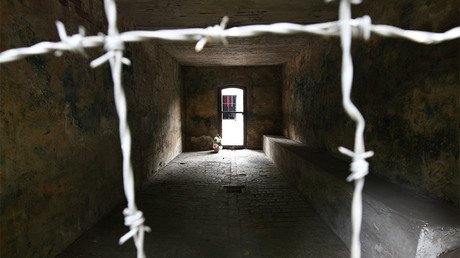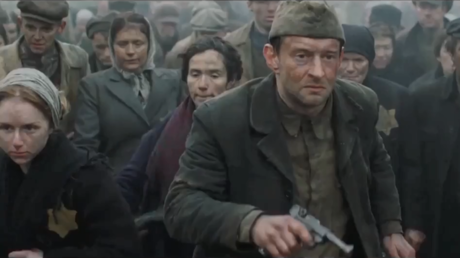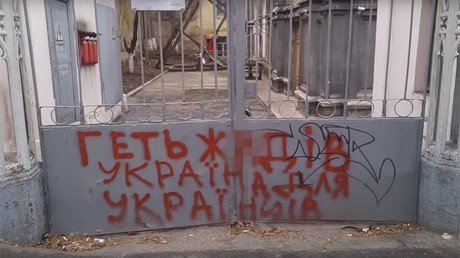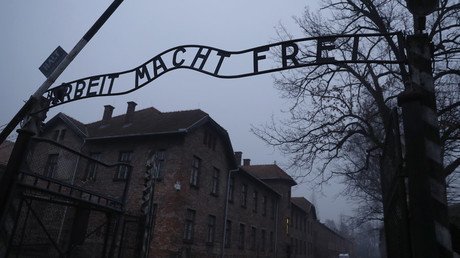Lithuanian bill to prevent historical distortion aims to hide unpleasant truth – Nazi hunter to RT
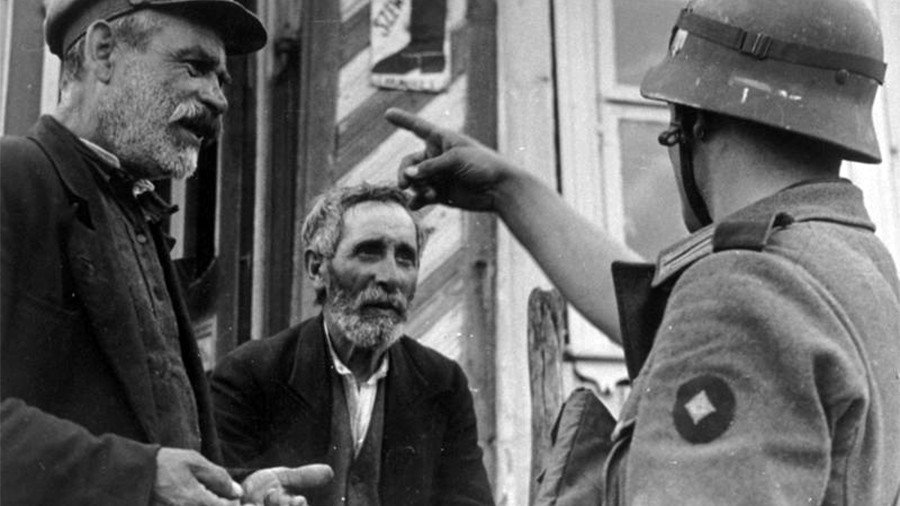
A Lithuanian bill that would allow the banning of materials “distorting historical facts” is designed to hide the country’s past, which is “not exactly a source of pride,” Israeli historian and Nazi hunter Efraim Zuroff told RT.
The government-sponsored bill was introduced to parliament on Monday by Economy Minister Virginijus Sinkevicius. If adopted, it would allow the authorities to ban the sale of materials deemed to be “distorting historical facts” about the nation.
The bill is considered a response to the 2016 book about the Holocaust titled ‘Our People,’ which some nationalists considered offensive. The book was written by Lithuanian writer Ruta Vanagaite, who herself sought to learn the untold and grim story of Nazi collaboration in Lithuania during World War II.
The director of The Simon Wiesenthal Centre office in Jerusalem, Efraim Zuroff, who co-authored the book and travelled with Vanagaite across Lithuania, visiting cites of mass murders, believes it took that long for the authorities to respond since they were not ready for the book’s reception.
“Authorities in Lithuania were shocked by the success of the book,” Zuroff told RT.
In his view, the introduction of the bill is only natural, since it signals a desire to hide historical facts that are “not exactly a source of pride” for Lithuania. On the other hand, the proposed law highlights a broader issue which is observed in a number of post-Soviet Eastern European countries.
“The problem was that in many of these countries, not in all of them, the narrative was particularly difficult, because only in Eastern Europe did collaboration with the Nazis include active participation in the systematic mass murder.”
These nations had “an opportunity to tell the truth,” Zuroff says, but during the almost three decades following the collapse of the Soviet Union, they’ve been trying to “hide or minimize the role played by the local Nazi collaborators in the mass murder of Jews and other enemies of the Reich. And to try and claim that the crimes of communism are equivalent to… those of the Nazis – both of these things are not true.”
Many countries, including Israel itself, have been turning a blind eye to this agenda pushed by some Eastern European countries, seeking political benefits instead. Only the recent scandal regarding a Polish law criminalizing accusations against the nation of being complicit in Nazi crimes and phrases like ‘Polish death camps,’ has prompted an international response, according to Zuroff.
“When the Polish issue arose, then Israel suddenly took a very strong stance, which is very positive in my mind, the right thing to do. For many years this issue was ignored,” he said.
The Polish law, which also criminalized the spreading of the “Bandera ideology” of Ukrainian ultranationalists, prompted a diplomatic row between Poland and other nations. Tel Aviv continues to maintain that around 200,000 Poles participated in the killing of Jews during the German occupation of Poland during World War II. Warsaw has stressed that some of the Jews themselves contributed to the oppression of their nation.
The conflict escalated after the father of the current Polish prime minister alleged that Jews moved to the Warsaw Ghetto during World War II on their own “because they were told that there would be an enclave, that they would not have to deal with those nasty Poles.”
Warsaw, however, quickly distanced itself from the statement, saying it does not reflect the official position of the Polish government.
An estimated 6 million Jews – around two-thirds of the Jewish population of Europe, were killed by the Nazis, including at the Auschwitz, Sobibor, and other death camps, which operated in occupied Poland from 1939 to 1945.
Think your friends would be interested? Share this story!
